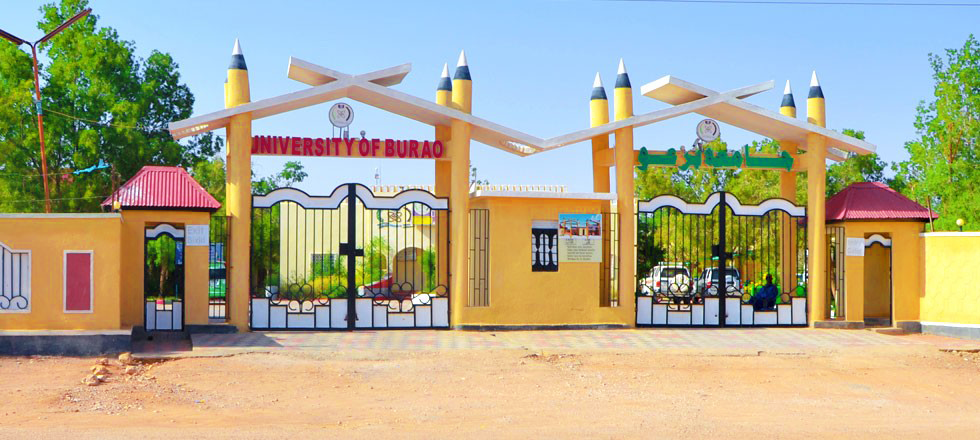University of Burao — Your Gateway To A Bright Future
Quality, excellence, and innovation in higher education serving Somaliland and the region. Explore our faculties, departments, and programs designed to equip graduates for impact.
Why Choose Us
11
Faculties
30+
Degree Programs
1
School
45+
Partners & Affiliations
Feb 04
Admissions Open
2500+
Student Population
100+
Regular Staff
300+
Teaching Staff
7000+
Graduate Students
30+
Programs
Empowering Minds, Shaping Futures
Founded in 2004, the University of Burao is a public institution committed to quality higher education, research and community service. We serve Burao, Togdheer and the wider Somaliland regions by developing career‑ready graduates and fostering innovation that supports sustainable development.
21+
Years
2,500+
Students
7000+
Graduates
Ibrahim Osman Ismail
President


Recent News
Updates from our faculties, research, and student community.
No news posts yet.
Events
What’s happening at the University of Burao.
No upcoming events.